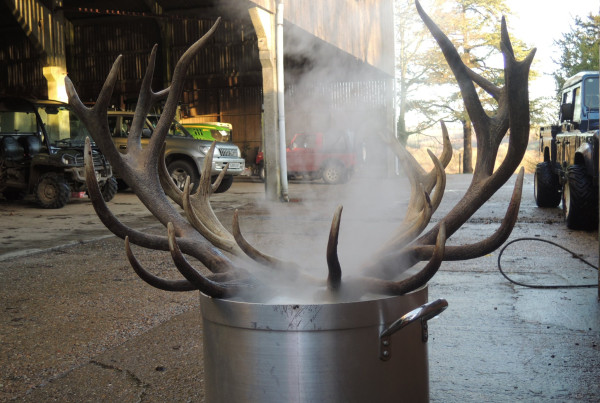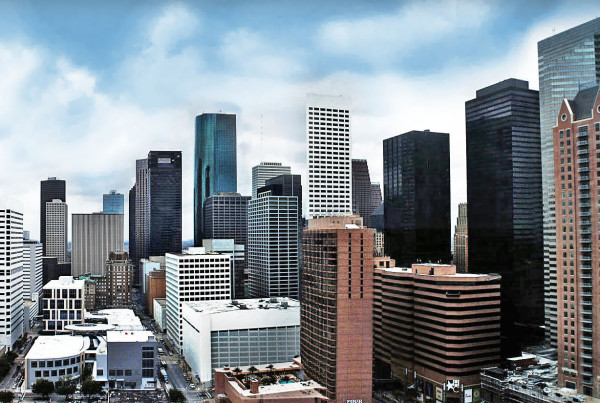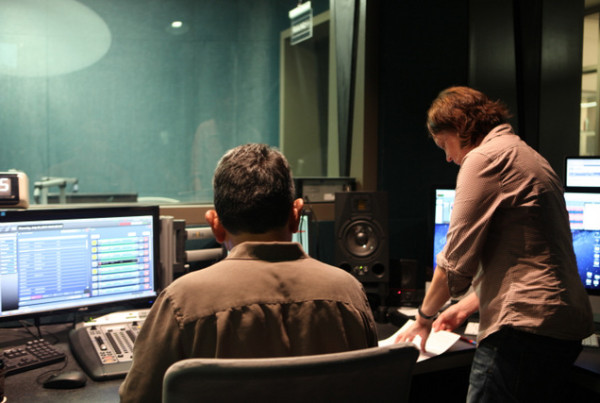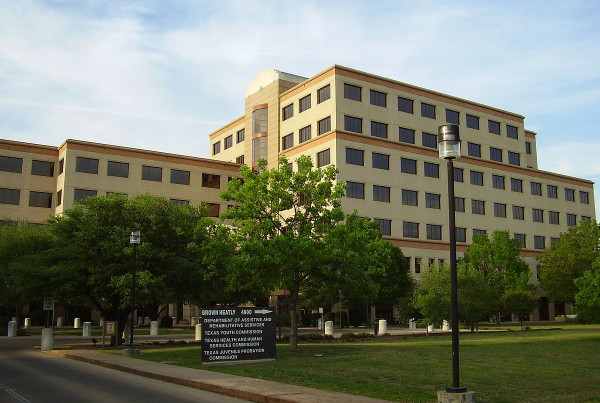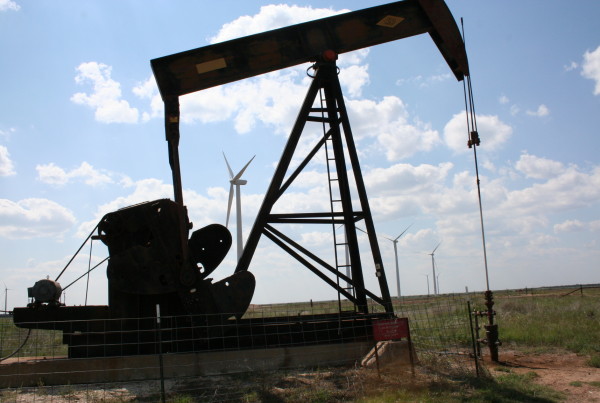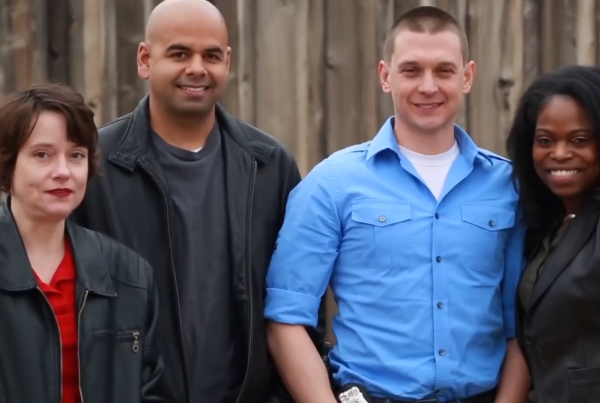Irving, Texas has had a shaky start to 2015. There have been 23 earthquakes there since January first which have also been felt in nearby Dallas.
The cities of Dallas and Irving are trying to cope with the recent seismographic activity by assembling an earthquake task force. Meanwhile, SMU scientists have deployed close to 2 dozen seismographs around the Irving area to better understand the quakes.
“Do I Need Earthquake Insurance?”
While city hall and the academy take protective measures, North Texans are wondering if they need to protect their assets from any future assets.
Ashely Hunter is the president of HM Risk Group in Austin. She says she has been fielding calls from concerned North Texans all week, “I think it’s just everyone is looking for piece of mind, the question is ‘Should I get it? Is the likelihood that my house is about to fall into this imaginary crater in North Texas?'”
The biggest quake this month has registered 3.6 on the Richter scale. That’s enough to knock stuff off shelves and break a few windows. But the threshold for serious damage is generally around 5.0. That’s almost 100 times more powerful.
Measuring The Risks
Dallas Building Code administrator David Session says the likelihood of that happening in North Texas is pretty low.
“The Richter scale is more of a measure of the intensity of the event itself,” Session says, “The building code is actually dealing with the horizontal ground motion, which is where the major damage comes from as far as the building is concerned.”
Session says that in the Dallas area the horizontal motion is so minimal that the code doesn’t trigger any major requirements as it would in California.
But in California just less than 20 percent of homeowners carry earthquake insurance. Even though the state is hit by 2 to 3 major quakes every year.
In Oklahoma, a state where manmade earthquakes are more common, the state commissioner recommended that all property owners add earthquake insurance to their policies.
But topography and building codes differ in every state, which makes state-to-state comparisons difficult.
Ashley Hunter says insurance professionals in Texas are waiting for the result of the SMU study. If the earthquakes in North Texas are man-made and are predicted to become more intense, that might increase the demand for earthquake insurance.
Weighing The Costs
In Texas, getting insured against earthquakes would set you back between 5 and 6 thousand dollars a year – that’s 5 times the average premium for homeowners insurance.
Which is why Ashley Hunter says it’s just not worth it.
“As an insurance professional, if you want the insurance of course I would actually sell it to you just to give you piece of mind,” Hunter says, “but as a consumer, I would never purchase it from my own insurance agent.”
Hunter says property owners would do better to put that money away to use during any type of emergency: medical, natural or financial.





